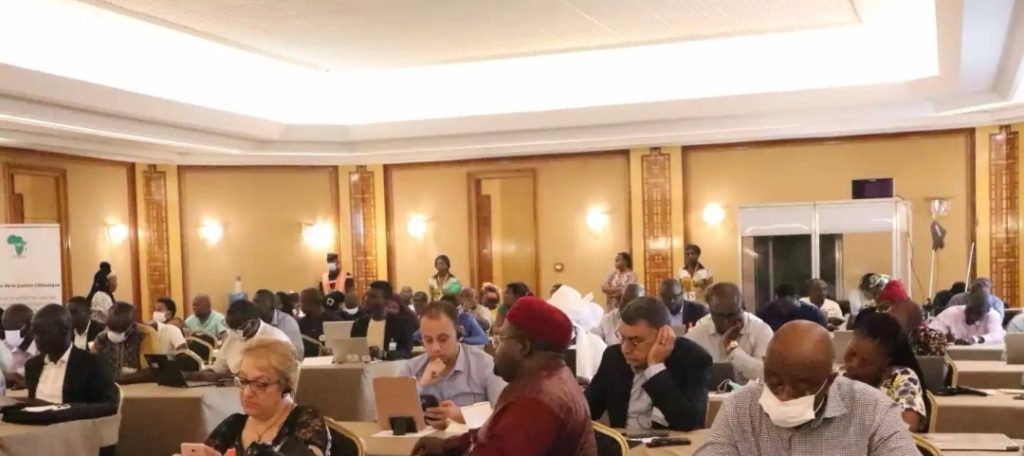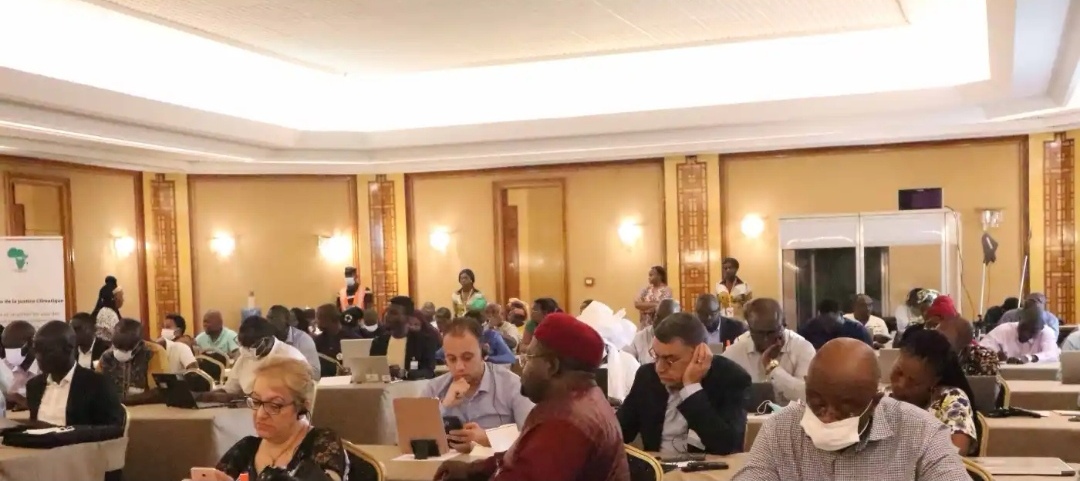
Addis Ababa, 16 August 2023 Greenpeace Africa has called on Africa’s Ministers of Environment not to compromise in the negotiations for a treaty that would cap plastic production at the source and keep oil and gas used in the extraction of plastics in the ground during the 19th session of the African Ministerial Conference on the Environment – AMCEN.
AMCEN 2023 took place in Addis Ababa, Ethiopia from 14 to 18 August under the theme: Seizing opportunities and enhancing collaboration to address environmental challenges in Africa. AMCEN provides a platform for strengthening Africa’s collective engagement in the global environmental agenda, including in the International Negotiating Committee (INC) to develop a legally binding global plastic treaty.
“As Africa’s Ministers of Environment converge in Addis Ababa, Greenpeace Africa calls for AMCEN to urge African member states to present a united front in the negotiations and ensure a treaty that is centred on justice and firmly rooted in human rights. A treaty that will reduce inequality and prioritise human health. Governments must deliver this treaty to meaningfully tackle the plastic pollution crisis that communities across Africa are fighting against,” said Hellen Kahaso Dena, Greenpeace Africa’s Communication and Story Manager.
From raw materials extraction, production to disposal, plastic pollution negatively impacts our human rights. It accelerates social injustice and environmental degradation of ecosystems that are essential to African livelihoods and reinforces the harms and inequalities brought about by the climate crisis.
“We urge the African Group of Negotiators to call for a strong treaty that prioritises a just transition to sustainable livelihoods for workers and other affected communities across the plastics value chain. The treaty must support reuse and refill business models, taking into account the interests of waste pickers and Indigenous Peoples while utilising traditional knowledge,” added Dena.
Plastic production and climate change are inextricably linked. With over 99% of plastics being made from fossil fuels, plastic production is a major driver of the climate crisis and accounts for approximately 3.4% of global greenhouse gas emissions. Cutting plastic production and ending single-use plastic is therefore in line with the goal of keeping global warming below 1.5 degrees.
The proponents of single-use plastics are pushing for more plastic production and exportation into Africa. This could undermine the progress made by African countries in combating plastic pollution. Collaboration among Africa’s Member States is key in addressing these challenges to bring to an end this illegal and neo-colonialist way of dealing with plastic waste from the Global North.
“With 34 governments having passed a law banning single-use single-use plastics and implemented or passed a law with the intention of implementation, Africa has already shown great leadership in the quest to deal with plastic pollution on the continent. We expect AMCEN to urge all Member States to adopt a progressive plan that supports ambitious goals towards a strong global plastic treaty that will solve the plastic pollution crisis and the added burden of plastic waste dumping in Africa,” concluded Dena.
